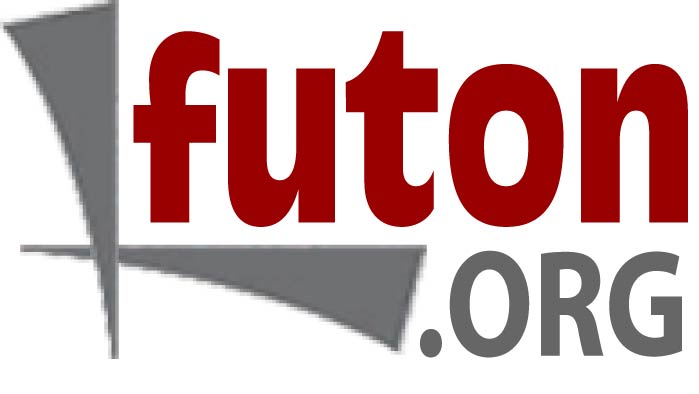|
It seems history is repeating itself. Back during the 2001-to-2003 economic downturn, trade shows didn’t slow as much as the overall economy, or as much as some other marketing media. Recent news reports indicate that trade shows have shown similar resiliency during this period of economic uncertainty:
- The 2008 Event View research study by the MPI Foundation and GP Johnson reported that:
- Event Marketing (which includes trade shows) saw their percent of budgets increase from 22% in 2007 to 27% in 2008 – the highest percentage in 7 years of surveys.
- Event Marketing produces the highest ROI of any marketing medium.
- When budgets increase, Event Marketing gains the most. When budgets decrease, print advertising gets cut the most.
- American Business Media, an organization of media companies (magazines and trade shows), reported that their members’ print advertising revenues decreased by 6% in the first half of 2008 – but trade shows were down only 1% in the same time period.
- EXHIBITOR Magazine research shows that 2008 exhibit marketing budgets were up by 10%, according to the September 2008 editorial by Travis Stanton.
- The TS2 Show, the Trade Show about Trade Shows, had its best attendance in 5 years in Philadelphia this July.
So why do trade shows remain fairly healthy during this economic uncertainty? Here are a few thoughts for you -- and your company colleagues that may help determine your marketing budgets:
- Most of the economic fallout has been with business-to-consumer companies (home construction, retail, housing, auto), but exhibitors are by and large business-to-business companies, who have been relatively unaffected.
- Manufacturing is the #1 segment at trade shows, which has seen a boost to their exports thanks to the weaker U.S. dollar. For exhibitors from outside the U.S., manufacturers in the developing world continue to benefit from their lower cost of labor.
- Attendees coming to trade shows are high quality prospects. They spend their own money and valuable time to come to the show in search of solutions to their pressing problems. They have braved the higher cost of airfare (which will likely drop along with oil prices), have already checked your website, and want to “look you in the eye” and see if your company is someone with which they want to do business.
- Because most trade shows happen only once a year, exhibitors don’t want to skip a trade show during a downturn and lose access to their key buyers for two years.
- Attendees come to trade shows to see what’s new – so exhibitors want to launch their new products there.
- In an era of economic uncertainty, attendees and exhibitors alike want to network even more, to ensure they have plenty of contacts and thus safeguard their career.
When the economy is uncertain and there is a danger that sales will slow, it’s a knee-jerk reaction to cut marketing investments. However, cooler heads realize that now is the time to do more marketing. That’s because generating new sales leads and keeping in touch with existing clients is the lifeblood to maintaining their corporate health. Exhibitors that grasp that insight will keep their business flowing.
Use this time to continue to hone your trade show marketing program. Take advantage of the individual tips and printed materials Skyline provides to take your exhibiting to the next level.
|
